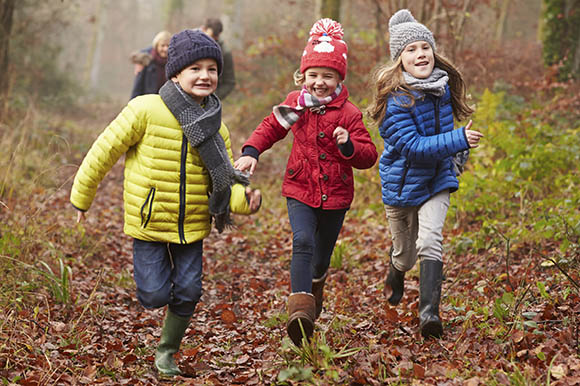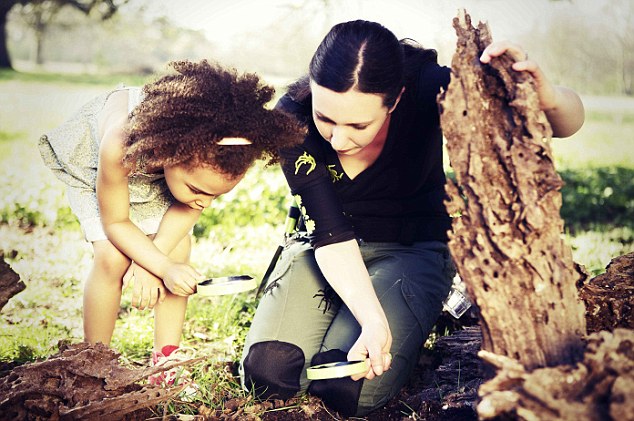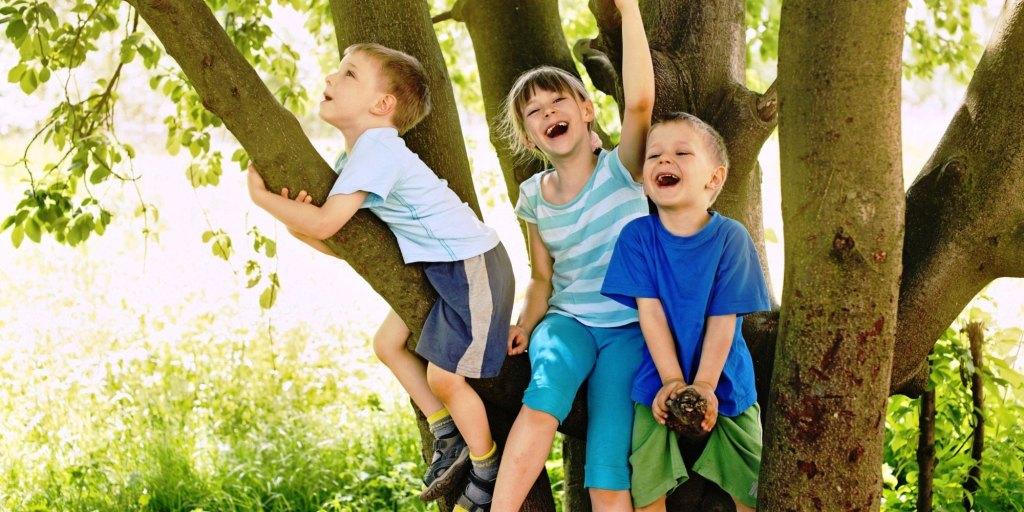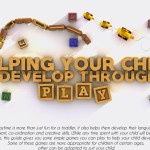Playing outdoor has a multitude of benefits. It allows children to feel at one with the natural world. They can explore and use their imagination. It keeps them active and enhances their physical development.
Playing outside enables children to feel free and this is something that cannot be replicated indoors. Children need to feel comfortable in the environment that they learn in and education should be something that they enjoy. When children spend time outdoors while learning their interaction and motivation is increased and this causes them to absorb more information. This leads to a positive outlook when it comes to learning.
Emotions are affected by the environment in which we work and play. When learning outdoors, children immerse themselves in activities more than they would indoors. Sometimes children can become aggressive when they are in a crowded space while others tend to shy away.
Outdoors is also the ideal environment for children to learn through movement. Having the ability to move around encourages them to talk, play and experience learning in a different environment.
Benefits to health
 Outdoor learning has a wide range of health benefits. Children should exercise daily and for children under 5 the recommendation is that they should have three hours of exercise per day. Playing outdoors will involve running, climbing, digging and swinging will help to improve muscle, strengthen bones and increase cardiovascular capabilities.
Outdoor learning has a wide range of health benefits. Children should exercise daily and for children under 5 the recommendation is that they should have three hours of exercise per day. Playing outdoors will involve running, climbing, digging and swinging will help to improve muscle, strengthen bones and increase cardiovascular capabilities.
From an emotional perspective, children benefit immensely from exercise. It forms an important part of development both physically and emotionally and this is one of the main benefits from playing outdoors.
To add to this, children will benefit from being exposed to sunlight. There has been an increase in the number of rickets in children and this is down to a lack of vitamin D.
First years learning
The curriculum that is used by schools and nurseries for those children aged between 0-5 years old and the development and learning is split into seven groups.
The three main areas are Social Emotional and Personal Development, Language and Communication and physical development.
There are four main specific areas that cover mathematical development, expressive arts and design, literacy and the way in which they understand the world.
Socially, children learn through interacting with friends and negotiating. This could involve activities such as shelter building or taking it in turns to use a swing. Co-operation skills are improved through group activities and through this they learn to enjoy being around others.
Through stimulating experiences children are more likely to communicate. Spending time outdoors will give the children plenty of opportunities to talk. Creating an environment that supports the children and helps them to feel safe will promote communication that will help to improve confidence in speaking and listening.
When it comes to expressive arts and design, the outdoors offers a wide range of resources that can help to get imaginations working. Children can pretend that outdoor items such as stones are other things such as treasure and food. Therefore, the outdoors gives the children access to resources that forces them to explore, create and imagine.
Mathematical skills are developed through the use of real objects. This could involve counting stones, acorns or walking set distances. All of these help to develop early maths skills.
Early literacy skills can be developed outdoors through singing songs, telling stories and listening. There are opportunities for the children to understand word recognition and the children can even make letters out of natural objects.
 The outdoors is the perfect place for children to understand what the world is all about. They get to learn about the weather, life cycles, the different seasons, how light and dark works, as well as sounds. Nature offers the perfect classroom and children can really benefit from it.
The outdoors is the perfect place for children to understand what the world is all about. They get to learn about the weather, life cycles, the different seasons, how light and dark works, as well as sounds. Nature offers the perfect classroom and children can really benefit from it.
This part of the early year’s curriculum is all about how they learn and not what they learn. This is an important tool and if it is used early enough it can have a positive effect on their lives as they grow and mature.
When it comes to playing and exploring, children use every sense to help them take in the natural world and understand the changes. Children can take risks outdoors but they also have the opportunity to manage risks. The opportunity is also there for children to role play and try out new things. From a schools perspective, installing outdoor classrooms and play areas in the form of shelters, sail shades and school canopies can be relatively cost effective and they may even get help towards the funding through grants and other national building schemes.
Active Learning
Active learning is important and this means that if they are involved and concentrating then they are benefitted. This gives them the chance to learn in their own way while spending more time on certain tasks or activities which will offer a huge array of benefits.
Playing outdoor offers them endless possibilities but they can learn in an environment that has no right or wrong way. This means they can have a sense of achievement from completing what they set out to do.
Children will also benefit from being able to persevere. The outdoors offers them the chance to become resilient as they fall over and get muddy.
The outdoors develops the imagination and this allows children to create their own game which means they can plan things in their own way. As part of this they will improve their ability to associate different patterns and shapes while using their knowledge to put ideas to the test.
They will also improve their problem solving skills as they will understand the consequences of their actions. Things such as moving heavy items or redirecting the flow of water will all help to improve their critical and creative thinking.















